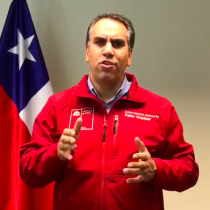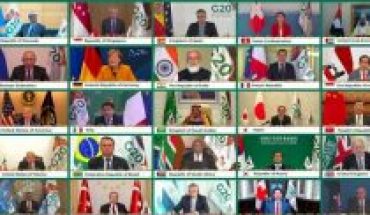
The coordinator of the Southern Macrozone, Pablo Urquízar, referred to what he described as an “arson attack” in Carahue that left one person dead — identified as Pablo Marchant, a member of the CAM — and a forestry worker in critical condition.
Urquízar said that the actions of the Carabineros, “in the line of duty,” confronted hooded men, “unfortunately dying a person allegedly involved.”
Regarding the injured worker, the coordinator of the Macrozona Sur declared that this is of “our deep concern” and insisted that “violence can never be legitimized as a method of political action, and must be condemned without nuance by all.”
“We cannot relativize the criminal and terrorist act that has claimed multiple Mapuche and non-Mapuche victims,” Urquízar said, indicating that “what happened yesterday cannot justify the acts of violence that have arisen in recent hours.”
“We consider of the utmost gravity what happened yesterday in Carahue, in the context of an arson attack, with the use of high-caliber weaponry by hooded men, against workers on a property that was under a protection measure.”
It is worth mentioning that the Human Rights Institute of Chile said on Twitter that the facts “make the situation in the region even more complex.”
The incident occurred around 5:30 p.m. in Carahue, 55 kilometers west of the regional capital Temuco, according to media reports.
Police said hooded men arrived at the farm and shot at an employee, prompting a police operation.
The events relived what happened in 2018 with Camilo Catrillanca, 24, the grandson of a local indigenous leader, who was shot in the head during an operation in a rural community near the town of Ercilla, sparking protests across the country. Seven police officers were convicted in connection with the incident.
Last week, 155 Chileans who will draft a new constitution for the country elected as president a Mapuche academic, Elisa Loncon, a significant change since indigenous peoples are not recognized in the magna carta inherited from the dictatorship of Augusto Pinochet.





